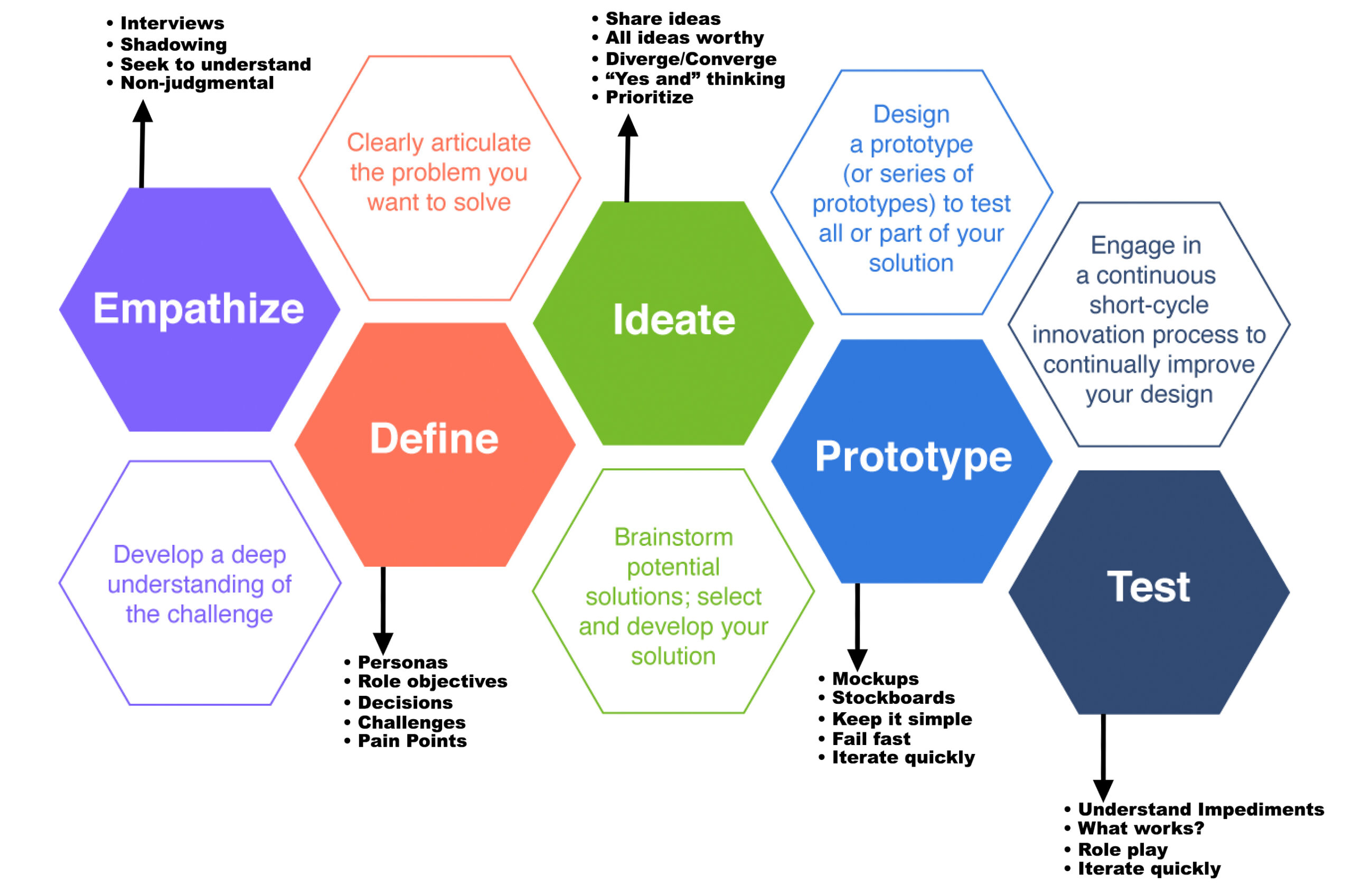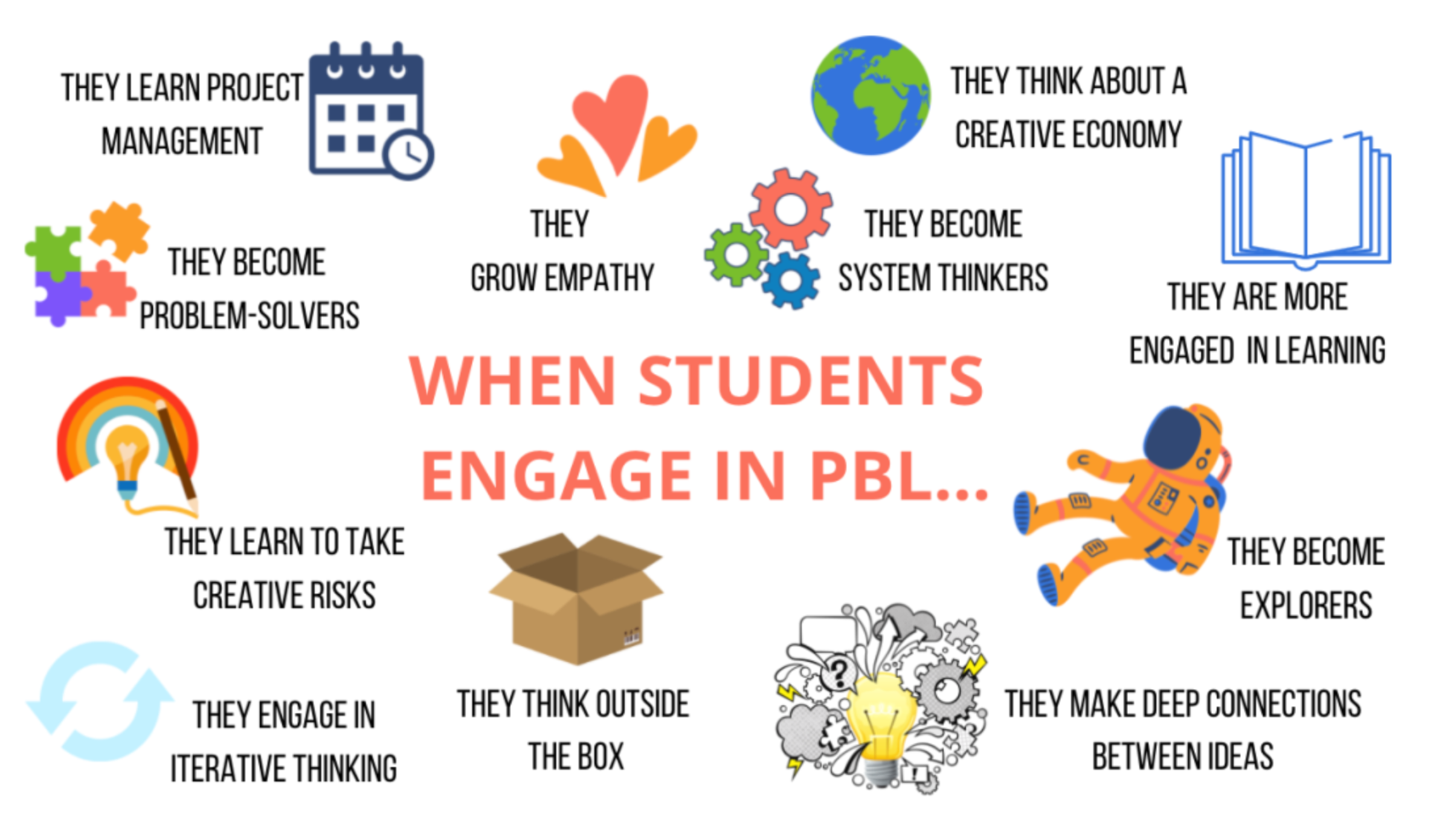
Empowered Voices
Taking Self-Awareness to Action
Overview of Social-Emotional Learning (SEL):
Understanding social-emotional learning and supporting a child’s development is essential when working with children and young adults. Our ability to provide an environment where these concepts are taught and reinforced can make a difference in children’s well-being and self-worth as they navigate the world around them. It can provide them the life skills they will need later in life for work, relationships, preparing them for post-secondary school, and helping them have a sense of confidence and compassion to help others with purpose and positive intention. Having these skills could decrease a child’s challenges with mental health, reduce their chances of resorting to criminal behavior, and increase their involvement in civic engagement.
There are five essential skills children learn with Social-Emotional Learning

Self-Awareness: is the ability to understand one’s emotions, goals, and values. It means knowing one’s strengths and limitations and having a growth mindset to understand what to do when mistakes happen. Self-awareness grows when an individual recognizes and understands how thoughts, feelings, and actions impact one’s ability to succeed. Along with having self-awareness, children also gain the ability to know how their actions affect others.

Self-Management: is the ability to regulate emotions and behaviors, understanding stress management, and the ability to utilize skills to manage stress, impulsive behaviors and succeed despite challenges to achieve goals.

Social Awareness: involves understanding how social norms and constructs impact different backgrounds and cultures. Through that understanding, they can empathize and feel compassion for marginalized cultures and people, translating into actions that positively impact their community.

Relationship Skills: means learning how to communicate and listen effectively, learning how to cooperate, learning how to navigate social pressure, conflict resolution, and negotiation, and asking for help when necessary.

Responsible Decision-Making: means learning to make choices around personal behavior and social interactions in diverse settings. It involves ethical- decision making, consideration for the safety of self and others, awareness of risky behaviors, and a realistic understanding of the consequences of specific actions.
PROJECT BASED LEARNING & DESIGN THINKING
What is Project-Based Learning and Design Thinking?
Research has shown that project-based learning helps students to better retain content, have a positive outlook on learning, fosters intra/interpersonal skills and prepares them for adulthood. Students using PBL practice social emotional learning skills in authentic situations such as group work, iteration, and critical thinking.
Project Based Learning (PBL) is a teaching pedagogy in which students learn by actively engaging in real-world and personally meaningful projects. The design thinking process is a means of PBL implementation that is rooted in empathy. While other means of PBL might look at a scientific or mechanical challenge, the design thinking process looks at human-centered challenges and design solutions that address human experiences. The design thinking process moves cyclically through five stages: Empathize, Define/Research, Ideate, Prototype, and Test. Each project begins with a broad “How might we?” challenge. Below is a description of each stage and an example of a project.


